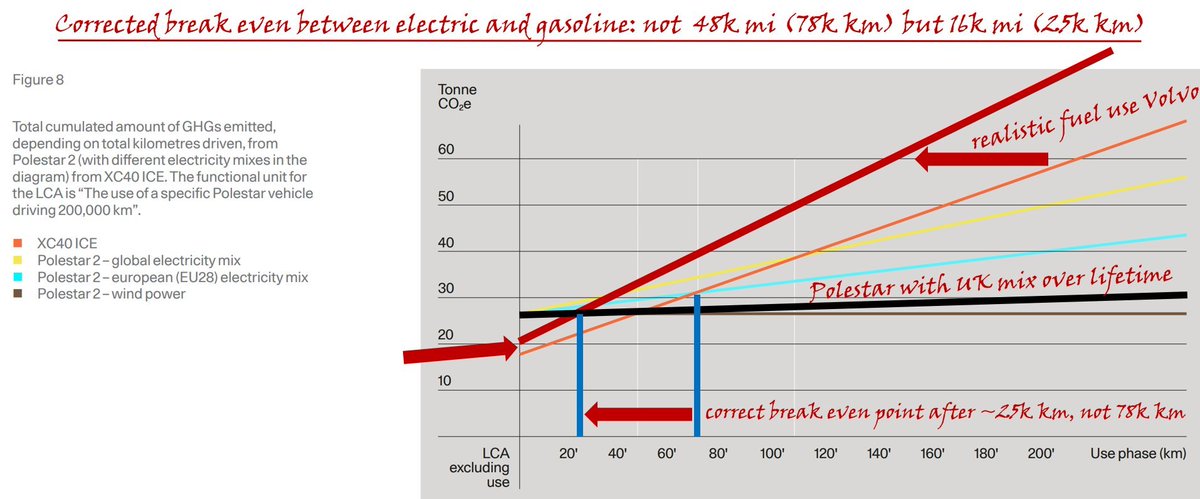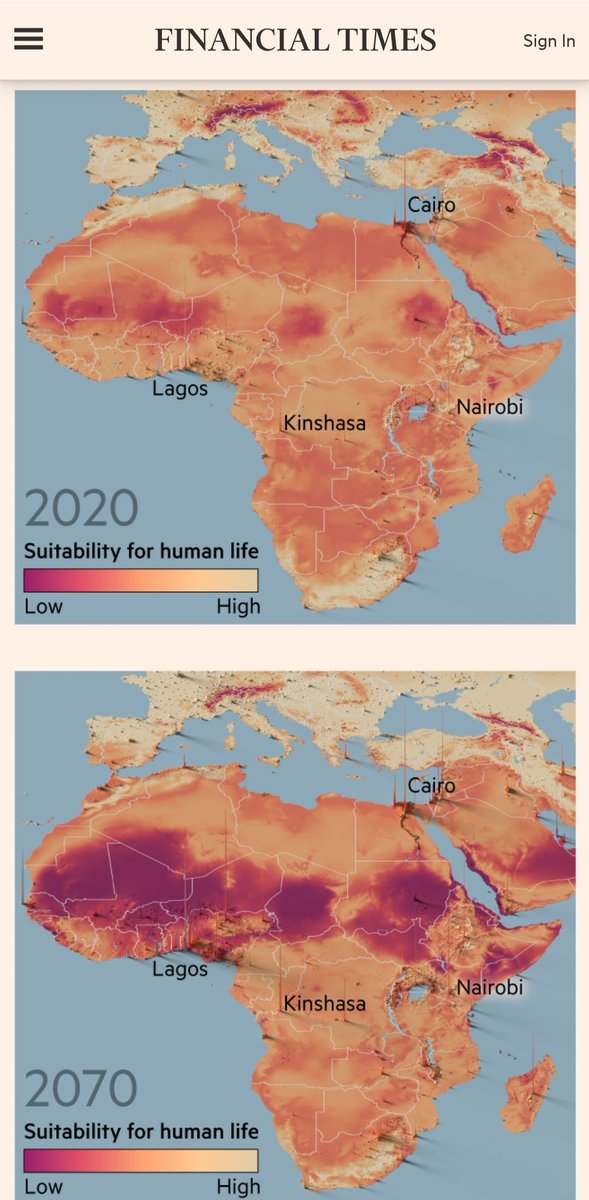
Capitalism is not inherently bad. Many people just seem confused about income redistribution. I would love twitter to tell me why that is because I simply don't understand.
Quick🧵about how money could make use happier by redirecting it where it does the most good.
Quick🧵about how money could make use happier by redirecting it where it does the most good.

First of all, being super rich doesn't make you happy. That is not just the observation of this consultant to the super rich.
theguardian.com/commentisfree/…
theguardian.com/commentisfree/…
Extra money is super important when you are poor, but the added value per $ quickly decreases once you get richer and in US it tops at around $75k per year.
cnbc.com/2015/12/14/mon…
Study quoted by CNBC: academia.edu/download/38933…
cnbc.com/2015/12/14/mon…
Study quoted by CNBC: academia.edu/download/38933…

All studies agree that the contribution of one dollar to your income quickly decreases and essentially becomes zero after a certain point.
The only discussion is on whether there is a point after which it decreases. Recent discussion here: psyarxiv.com/4jvh5/download…
The only discussion is on whether there is a point after which it decreases. Recent discussion here: psyarxiv.com/4jvh5/download…
A reason for confusion is also that people who are richer THINK they are better off when they earn more money, even though they don't actually become happier. 

So simple logic dictates that redistributing money from people who are rich towards people who are poor will make the rich hardly less happy (if at all) and the poor a lot happier.
That's why I'm strongly in favour of high taxes for the rich and low taxes for the poor.
That's why I'm strongly in favour of high taxes for the rich and low taxes for the poor.
And I'm not alone. If you survey people they want the world to be much more equal than it is.

https://twitter.com/AukeHoekstra/status/1353978095376740353

I fully understand this is a hard truth to swallow between countries and will not work in practice.
Rich countries should give to poor countries if you follow this logic but every country has plenty of poor people and these countries have separate voting/ruling systems.
Rich countries should give to poor countries if you follow this logic but every country has plenty of poor people and these countries have separate voting/ruling systems.
But why is higher income tax for the rich such a big debate inside one country, especially in the US?
Why don't the relatively poor simply vote "Yes" when a politician asks them if they want more money and cheaper education and healthcare and the like?
I'm honestly curious!
Why don't the relatively poor simply vote "Yes" when a politician asks them if they want more money and cheaper education and healthcare and the like?
I'm honestly curious!
@RBReich with a good example of what you can do with more income tax.
https://twitter.com/RBReich/status/1463635793738665988?t=wew8lpoHKUUuytTwpvfPFQ&s=19
• • •
Missing some Tweet in this thread? You can try to
force a refresh










